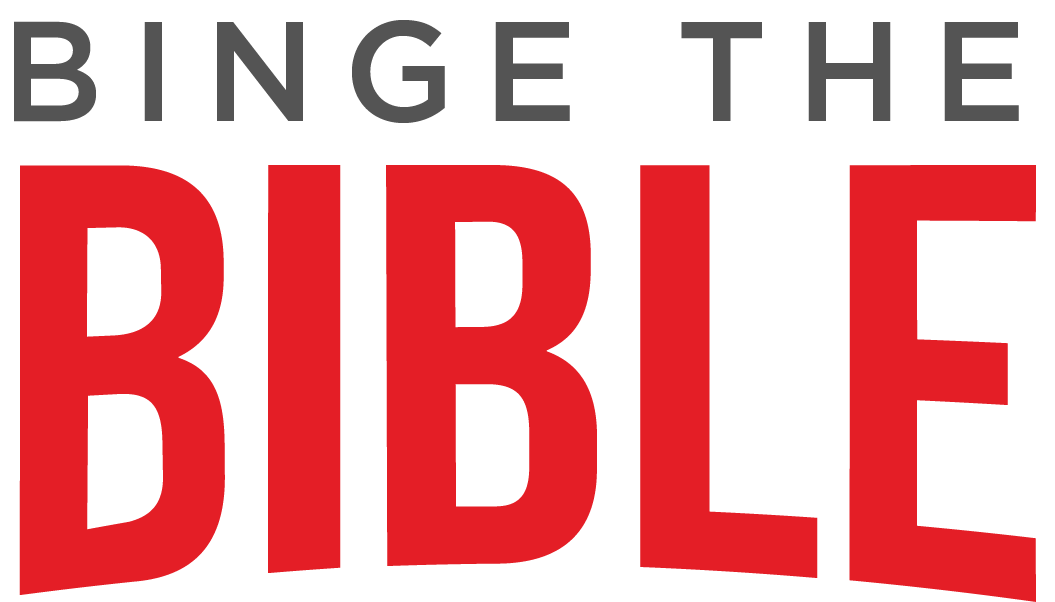Read it: Genesis 11:10-32, Genesis 12:1-3, Genesis 15:1-21
Live it:
The Abrahamic Covenant is the third of the Old Testament Covenants and the first to be narrowed down to a specific family/nation. Genesis 11:10-32 traces the genealogy from Shem (son of Noah and beneficiary of Noahic Covenant) to Abram (God has not yet changed his name to Abraham).
As has been noted earlier, a covenant is an agreement between two parties. There are two basic types: conditional and unconditional. A conditional covenant is an agreement between both parties in that they both agree to certain obligations to fulfill the agreement, stipulating both benefits and penalties. An example of this was the ANE (Ancient Near East) Suzerainty Treaty between a ruler and his vassal, where the suzerain (ruler) would provide specific benefits and protection in return for the vassal’s tribute and loyalty. An unconditional covenant is an agreement between two parties, but only one is required to do something. Nothing is required of the other party.
The Abrahamic Covenant is an unconditional covenant. The actual covenant is found in Genesis 12:1-3, with the actual ceremony recorded in Genesis 15:1-21. In Genesis 12:1-3 we see God promising Abram two things: land (v. 1) “the land I will show you” and a people [nation] (v. 2) “make you into a great nation.” Some could argue that verse one makes this conditional when it says “Go from your country, your people and your father’s household…” but as we will see later, this action of leaving was not a contingent part of the covenant but more of a step of faith.
Ps. Gary
